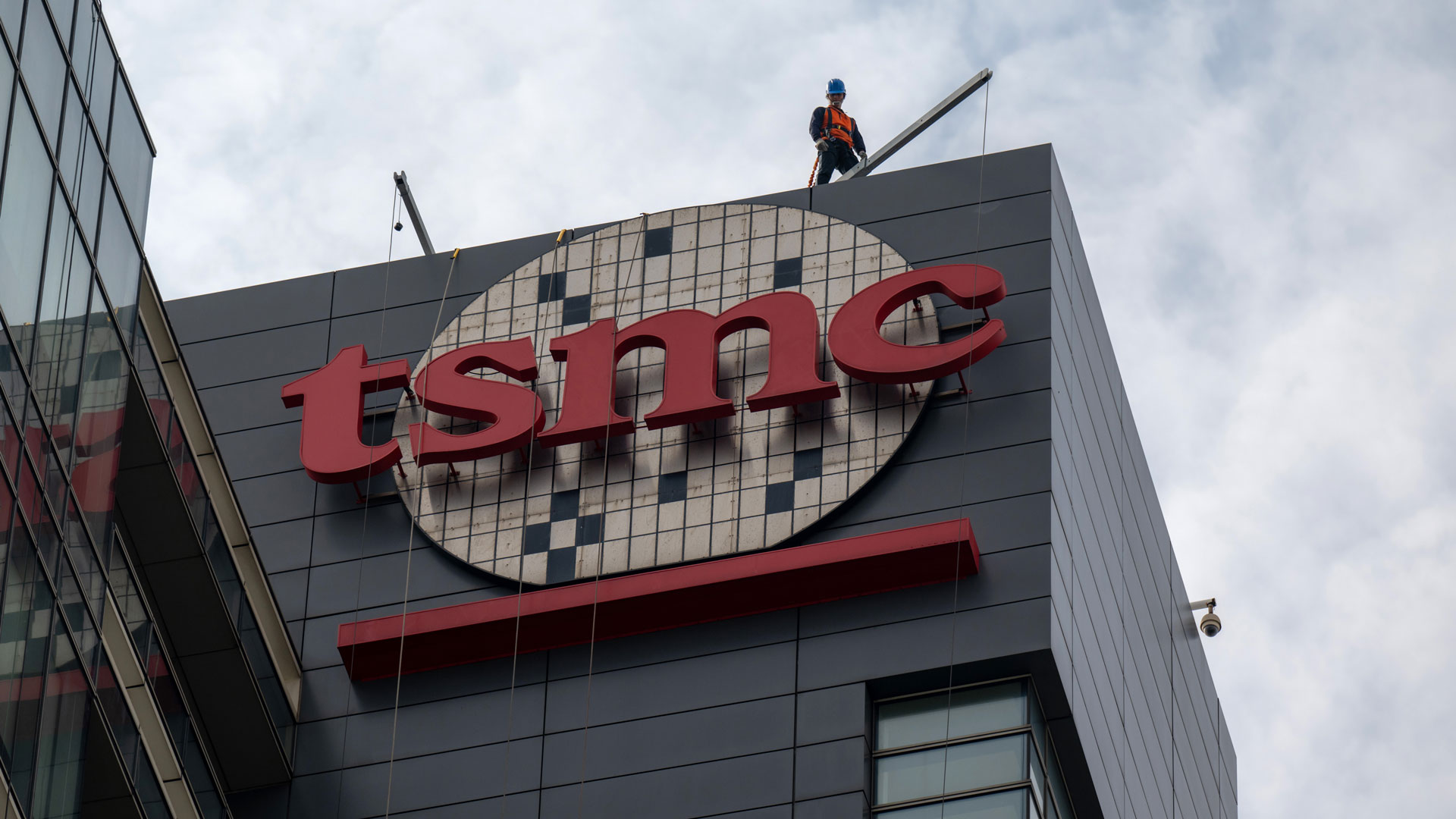TSMC resumes chip production following biggest earthquake in 25 years — incurred no damage to its critical tools
TSMC will resume production overnight.

TSMC plans to bounce back quickly following a massive 7.4-magnitude earthquake that hit Taiwan Wednesday morning, leading the company to evacuate some facilities.
Now, according to a statement received by Bloomberg, it seems that TSMC's most important equipment got by largely unscathed.
"There is no damage to our critical tools including all of our extreme ultraviolet lithography tools" TSMC's statement read in part.
Wen-Yee Lee, a semiconductor reporter based in Taipei, posted a full statement on X (formerly Twitter), translating a statement that says "the recovery rate of wafer fab equipment has exceeded 70%, and the recovery rate of newly built fabs (such as Fab 18) has exceeded 80%."
According to both statements, there is some equipment damage, but the most intricate machines seem to be OK.
#TSMC latest updates tonight: “Based on TSMC's rich experience and capability in earthquake response and disaster prevention, and regular safety drills to ensure full preparedness. Within just 10 hours after the earthquake on April 3rd, the recovery rate of wafer fab equipment… pic.twitter.com/4bVySgzoxsApril 3, 2024
It seems that TSMC will be resuming manufacturing overnight, though some time may be needed for a complete recovery.
TSMC is one of the largest players in the Taiwanese tech space, but it wasn't the only one to pause machinery or evacuate plants. Bloomberg notes that United Microelectronics Corp. was put in a similar position.
It can take an advanced chip months to make it through a fab, which requires perfect operation. It's extremely possible that some wafers were damaged from the quake, though we haven't heard such directly from TSMC.
TSMC is massively important as a contract chipmaker, producing designs from Apple, Nvidia, AMD, and even some from Intel. Most of its fabs aren't on the island's east coast, where the epicenter of the quake hit.
The 7.4 magnitude earthquake's epicenter was just south of Hualien City, and it killed 9 people and injured more than 1,000, according to the Associated Press. Taiwn's building codes and infrastructure may have helped not just TSMC's equipment but also prevented more property damage and loss of lives.
The quake came as governments worldwide have considered bringing chip production back home, and worry about consolidating production in a region that is both a potential military hot button and is also located near two tectonic plates. That's part of why the United States has given massive CHIPS Act subsidies to Intel and others to build and expand domestic fabs. TSMC is also building a U.S. fab in Arizona, and is expecting over $5 billion in incentives.
Get Tom's Hardware's best news and in-depth reviews, straight to your inbox.

Andrew E. Freedman is a senior editor at Tom's Hardware focusing on laptops, desktops and gaming. He also keeps up with the latest news. A lover of all things gaming and tech, his previous work has shown up in Tom's Guide, Laptop Mag, Kotaku, PCMag and Complex, among others. Follow him on Threads @FreedmanAE and BlueSky @andrewfreedman.net. You can send him tips on Signal: andrewfreedman.01
-
bit_user ReplyIt can take an advanced chip months to make it through a fab, which requires perfect operation.
Realy?? I find that pretty hard to believe.
The main litho machines are so expensive and they don't have very many of them. So, I'm sure you can't tie up a litho machine too long, with a single wafer. As for the rest of the processing stages, I'd expect they could spend whatever's necessary to reduce the time consumed by those stages, since this industry is very time-sensitive. I'd be quite surprised if it took a wafer more than a couple weeks to go from blank wafer stock to a fully tested & packaged chip that's ready to sell. -
Max The Dragon Well, if that's true, chip prices will not spike up and we will not have an crisis here. I guess.Reply
Good job tsmc.
But what about other manufactures that located in Taiwan?